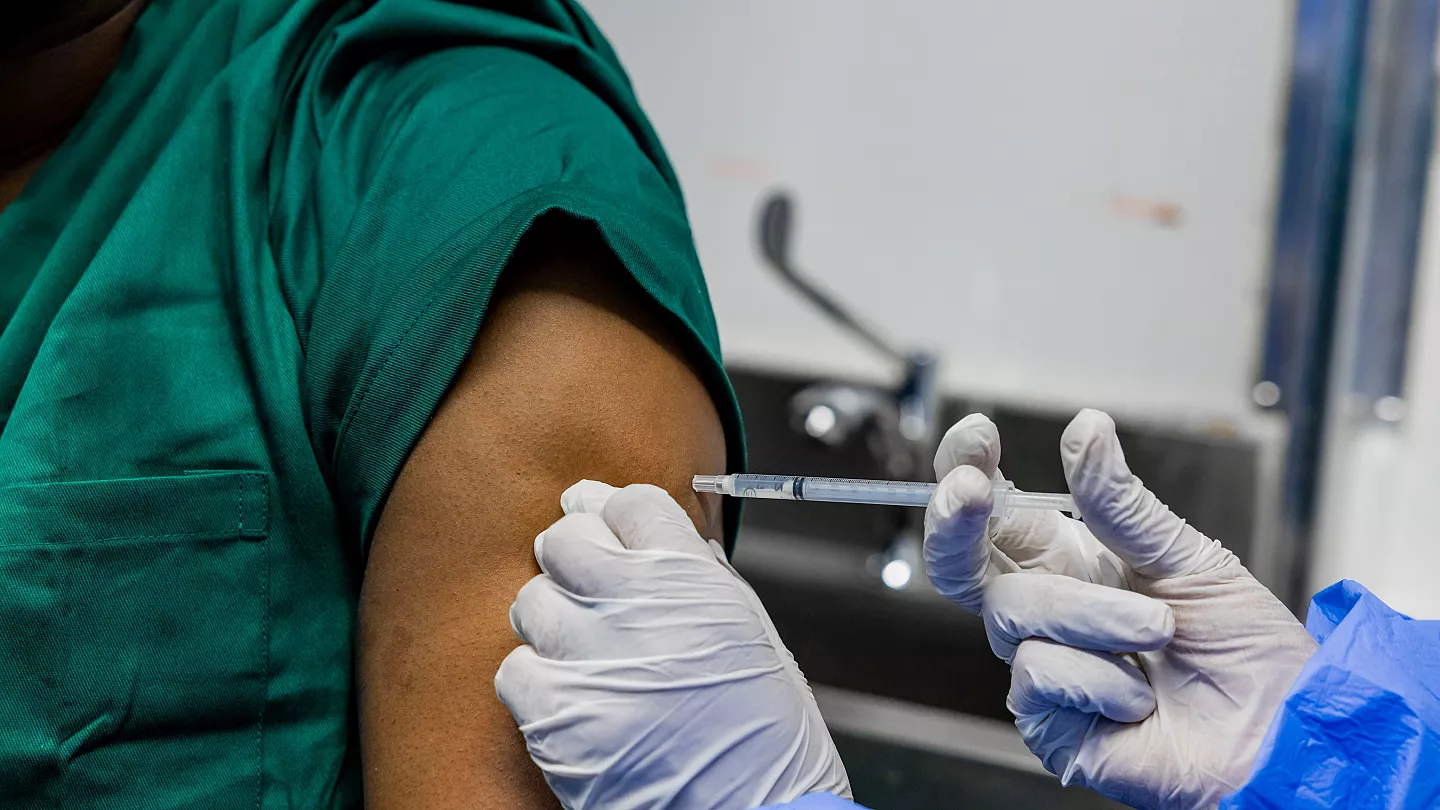The Sabin Vaccine Institute delivered approximately 1,000 additional doses of its investigational Marburg vaccine to Rwanda on Thursday, October 31, as part of ongoing efforts to combat the current outbreak of the virus.
This shipment follows earlier deliveries of 1,000 doses on October 12 and 700 doses on October 5, bringing the total to 2,700 doses for the outbreak response.
The initial phase of the trial primarily targeted health workers, who have experienced the highest number of cases in this outbreak. According to the Sabin Vaccine Institute, the new doses will be used in a randomized clinical trial within an open-label study, where both health providers and patients are aware of the treatment being administered.
Under an updated protocol sponsored by the Rwanda Biomedical Center, about 1,000 at-risk individuals, including mine workers, will receive the single-dose vaccine. Participants will be randomized to receive the vaccine either immediately or 21 days later to align with the end of the disease’s incubation period.
Genomic sequencing of the initial case in Rwanda suggests a zoonotic origin linked to strains found in fruit bats in a cave, as reported by the Ministry of Health.
During a press conference held by the Africa CDC on October 24, Rwandan Health Minister Dr. Sabin Nsanzimana confirmed the identification of the mining cave inhabited by the bats and announced a halt to mining activities in the area to prevent human exposure to these animals.
The new trial will evaluate the vaccine’s safety, immunogenicity, and efficacy. Pending approval from U.S. health authorities, the Sabin Vaccine Institute plans to supply more doses for this portion of the study.
“Rwandan health officials determined that adapting the current protocol was the fastest and most effective way to reach this new group affected by the outbreak,” said Amy Finan, CEO of the Sabin Vaccine Institute.
As of October 30, over 1,618 vaccine doses have been administered, primarily to frontline health workers, since the vaccine is a one-dose regimen.
During a media briefing on October 31, Dr. Yvan Butera, the Minister of State for Health, emphasized the need for additional vaccine doses, stating they are exploring options to secure more.
Since the outbreak began on September 27, Rwanda has reported 66 confirmed cases of Marburg, one of the largest outbreaks to date. The number of cases has declined sharply, with 15 reported deaths as of October 30, resulting in a case-fatality rate of approximately 23 percent.
The Sabin Vaccine Institute’s candidate vaccine is currently undergoing Phase 2 trials in Uganda and Kenya, with no safety concerns reported thus far. In non-human primates, the vaccine has shown rapid immunity development within a week, and early human trials indicated safety and immunogenicity, the organization stated.

